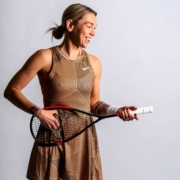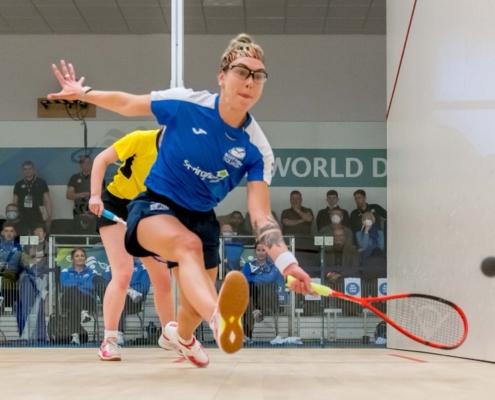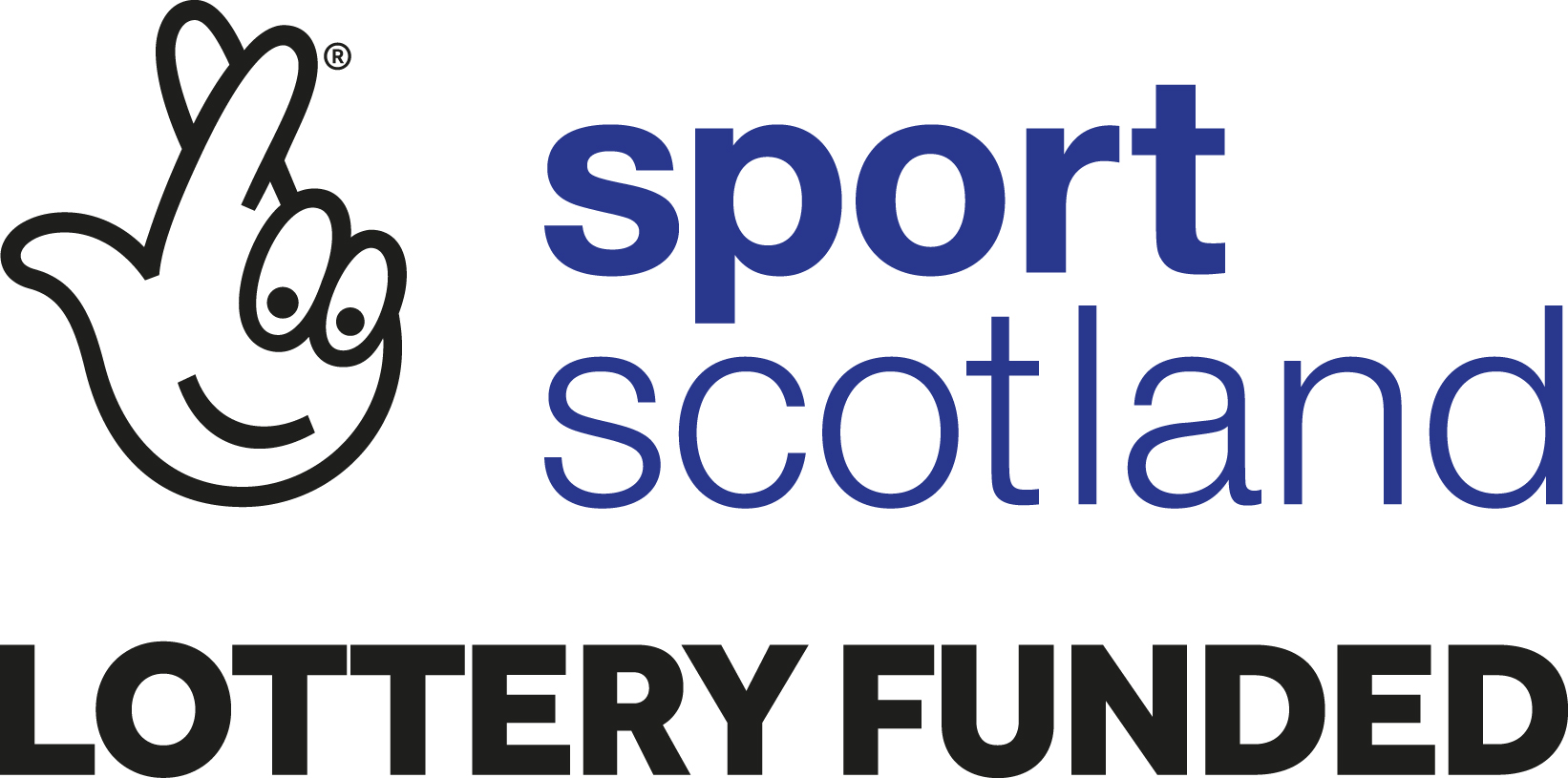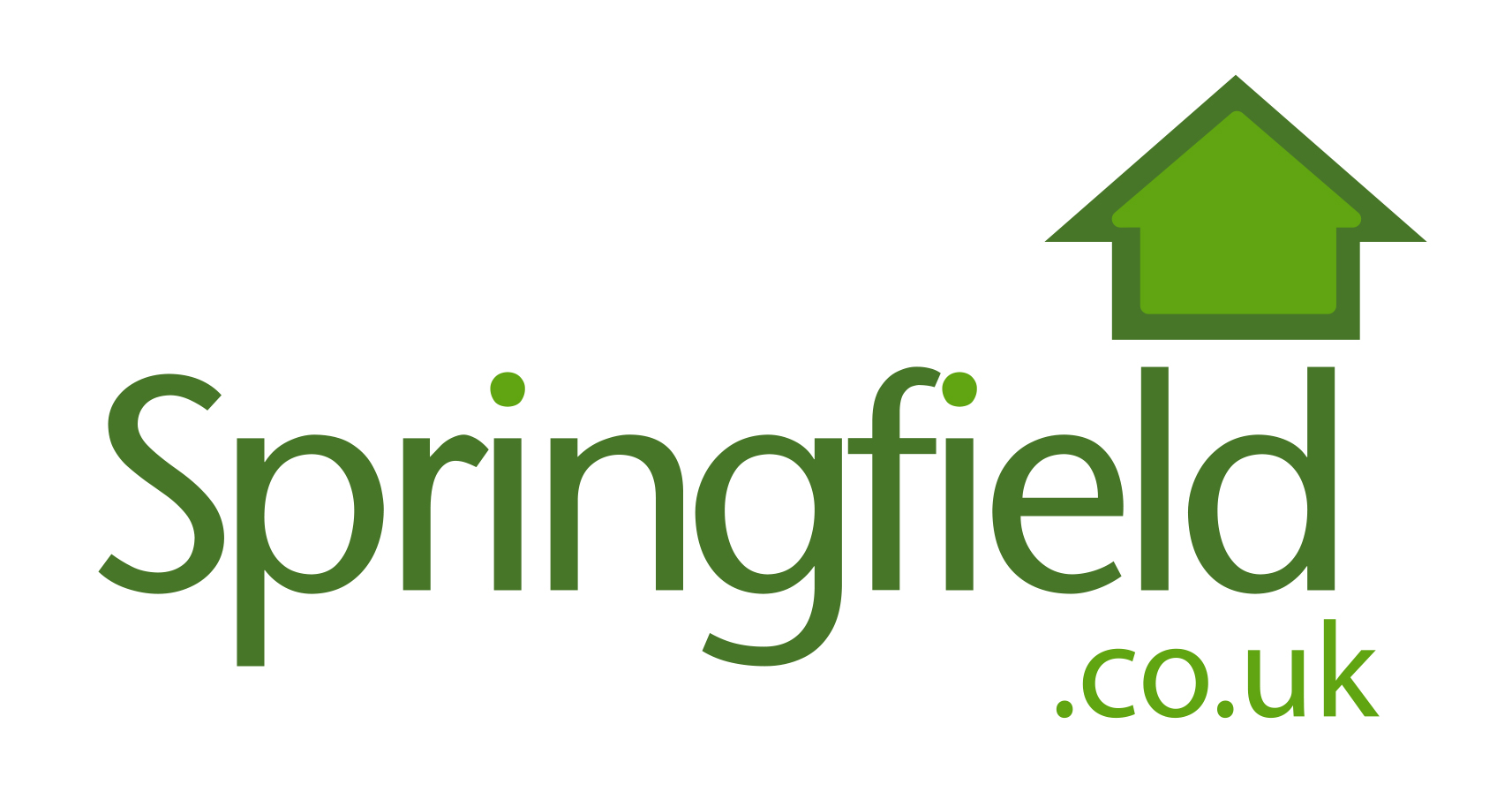Lisa Aitken reflects on life as an LGBT athlete for Pride Month
As one of Scotland’s great squash players, Lisa Aitken has fought back from injury and adversity over the years.
She is an inspirational figure to women and girls, and a shining light of excellence for all members of Scotland’s squash community.
While forging a reputation as a top broadcaster in recent years, Lisa continues to champion and campaign for equality for all.
As Scotland celebrates Pride Month, we spoke with the Montrose squash star about growing up and playing squash as a member of the LGBT community.
Lisa said: “At high school when I was probably around 15 or 16 I started to feel a bit different, probably different from my friends.
“I started to think I liked both sexes, but I didn’t panic at the realisation of that.
While there was nobody else in her year that considered themselves anything other than straight, over time Lisa has learned that lots of her peers were going through similar experiences.
Her biggest worry was telling her family – wondering how they would react, and even questioning if she had let them down.
She reflects: “My Mum hates hearing about this now, she hates being reminded about it, but it was tough for her at first.
“At that time I think a lot of parents were fine with people being gay, but they hoped it wouldn’t be their child.
“It wasn’t great with my Mum for a while, but fortunately for me, she worked in school health, so was exposed to a lot of LGBT training, courses and workshops which helped her to understand it more.
“She tried to tell me it was a phase but I knew that it wasn’t – she was panicking that the dream life for her daughter who gets married and has children was kind of gone – but over time she realised that I could still do all of those things.”
“Now I’m 34, engaged to a woman and we have the best relationship – my Mum has a great relationship with my fiancée.”
As she approached the end of her school years, Lisa’s squash talents were clearly shining through, as she made her early steps towards professional squash.
While LGBT people can face barriers to participation Lisa feels grateful to have never experienced anything but support as a junior and in her time as a professional.
The squash circuit takes players across the globe, including to countries where LGBT rights are not guaranteed.
Lisa reflects: “I think people know that you’re there for work, for a job so it never really crosses my mind.
“If I was going to a country that didn’t accept gay marriage or even being gay at all in my personal life I might have felt a bit different, but as an athlete it has never been an issue.”
Looking at the wider sporting landscape, the squash ace feels that athletes could use their platform to help young LGBT individuals who might be struggling with their sexuality.
Lisa, whose fiancée Rachel Corsie captains the Scotland national team, looks at football in particular, as a sport which could have the power to change lives.
She said: “Football is obviously the most popular sport in the world and there’s a very high number of LGBT female players, so of course there will be LGBT male players who don’t feel comfortable coming out.
“Perhaps they’re worried about affecting their earnings or being in the forefront of the press all the time, but for young people that look up to their heroes, it would help so many people if they were willing to come out.”
The 34-year-old wants to serve as a similar role model for young squash players, and reflected on what she would tell young LGBT people who may be struggling.
She said: “When you’re young and gay, it can feel like the world is against you and you carry this big weight on your shoulders.
“For the most part though, coming out is never what you build it up to be in your head.
“It’s the most freeing feeling when you finally release it.
“Try to find people that you can confide in and talk to, to support you through that.”
“These days we’re more interested in people being happy and supporting good mental health, and coming out can be a big step in supporting those things.”
With June designated as Pride Month, the four-time Scottish champion reflected on the value of celebrations like these.
She said: “It’s a month to continue to raise awareness for those that are struggling, and to show people from a community that can still face discrimination that you are accepting and supportive of them.
“If people are struggling to be true to who they are, carrying that weight on their shoulders or just unsure of what direction they want to take, why wouldn’t we take the opportunity to support them to be themselves and feel good in their own skin?”






